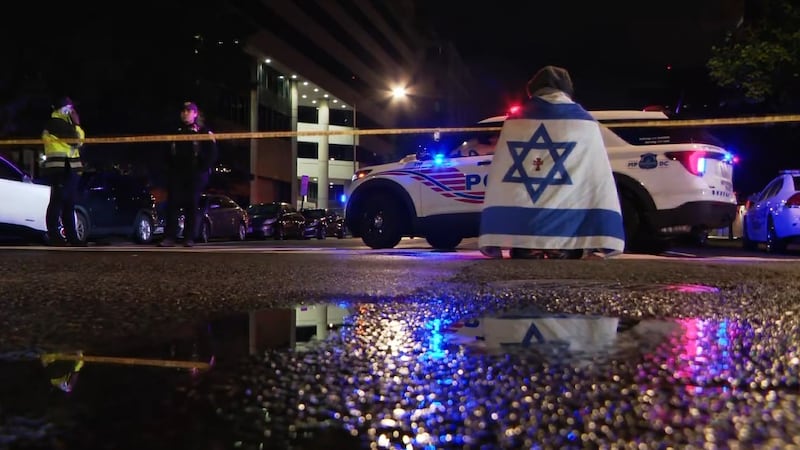Death of mom, baby sparks conversations about mental health, post-partum depression
INDEPENDENCE, Mo. (KCTV) - A family continues to grieve and mourn after a mother and her two-month-old baby were killed, after police responded to a domestic disturbance call at Oval Spring Apartments on Nov 7.
Thirty-four-year-old Maria Pike and Destinii Hope who was just born in August, were the two victims.
The family shared with KCTV5 that Maria had a history of mental illness and was diagnosed with post-partum depression.
As the investigation continues, KCTV5 spoke with a doctor about mental health and post-partum depression, to bring light to a condition many women experience.
Tara Chettiar, an OBGYN for KU Health System said pregnancy and the post-partum period are really challenging for women, mentally, but a lot of people can come into pregnancy or the post-partum period with pre-existing mental health conditions it can be even worse.
About 1-in-5 women experience post-partum depression. Forty percent of those women experience symptoms after pregnancy, while about 30 percent already had a mental health diagnosis before getting pregnant.
Dr. Chettiar said unfortunately, one of the big thing’s doctors is women scared of medical interventions.
“A lot of folks that come into a pregnancy or the post-partum period already stable on medications, doing really well are scared to take them when they’re pregnant, so unfortunately we see a lot of people get worse with their mental health conditions,” said Dr.Chettiar.
READ MORE: ‘We’re hurt really bad.’ Family of Independence mother, baby killed in police shooting demand answers
For women who don’t have any prior mental health issues, post-partum depression can be caused by a few factors.
“Things like a hard pregnancy, things like having a history of depression in the past, babies in the NICU, infertility, financial stressors, psycho-social stressors are a big risk factor for post-partum depression,” explained Dr. Chettiar
Some women are afraid to it or address their mental health issues or post-partum depression out of fear of getting their babies taken away or being labeled said Dr. Chettiar, but she explains that can’t be further from the truth.
“Other moms are struggling with you. we’re not going to take your baby away, we’re not going to judge you as a mom, what we’re going to do is make you enjoy your baby again, make you enjoy being a mom, and help you be the mom you want to be,” said Dr. Chettiar.
While there are risks with taking medications during pregnancy in post-partum Dr. Chettiar said there are greater risks for untreated mental health disorders and getting seen by someone trained is so important.
“We can help find what medications are safe and keep a person safe at pregnancy. Then when we see somebody in the post-partum period, we know that this is a risk factor for this getting worse so it’s really important that they get close follow up, they stay on medications, sometimes we even have to increase medications to keep them safe,” she said.
ALSO READ: Apartment complex to host candlelight vigil for child killed in officer-involved shooting
Dr. Chettiar said the best mom is the one who is her best self and that means asking for help sometimes.
“Untreated mental health disorders in pregnancy also have bad pregnancy outcomes, we see higher rates of miscarriage, we see higher rates of problems for the baby for the rest of their lives when they have moms whose mental health needs were not taken care of,” she said.”
Copyright 2024 KCTV. All rights reserved.















